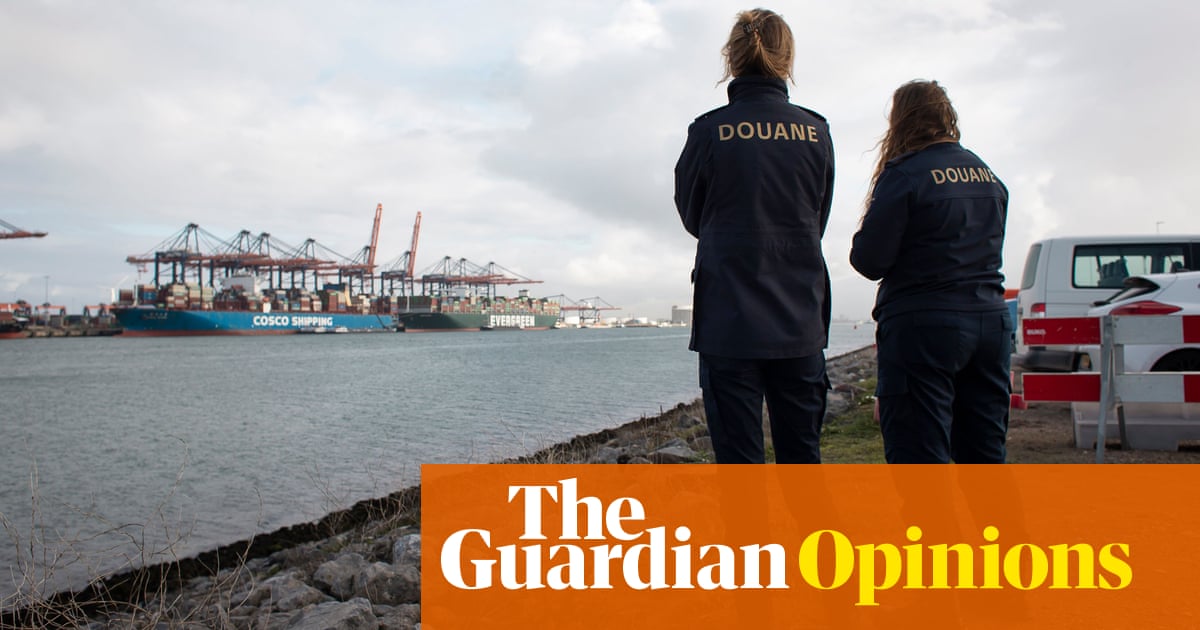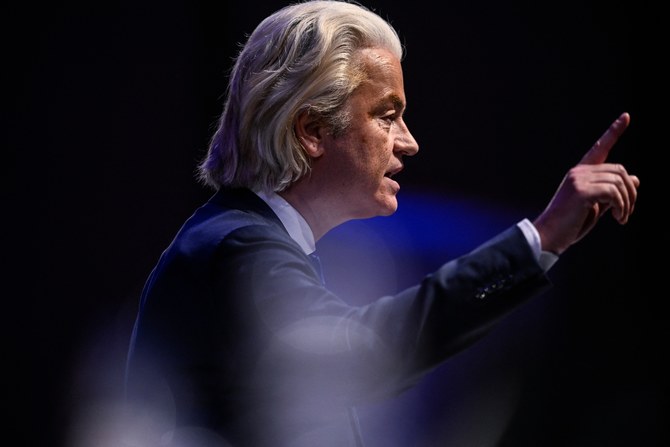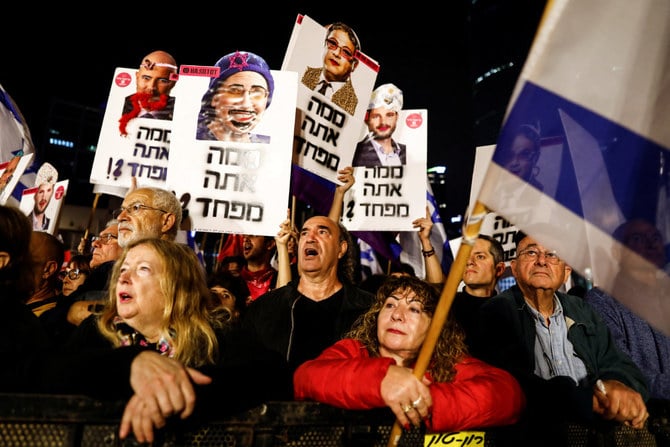
Countries that succumb to authoritarianism rarely do so with a sudden dramatic flash, where one day freedom is there and then suddenly it isn’t. It is normally a process of attrition, of rights and liberties eroded by stealth. The political atmosphere becomes gradually more intolerant: hysteria is whipped up against dissidents, whose supposed transgressions are carefully selected to justify a new crackdown. The battle lines are defined between a law-abiding majority and an extreme fringe. This is what has happened in Hungary, governed by a party that once belonged to the Liberal International and now has set up a virtual dictatorship. It is the danger facing our own country, too.
I spoke to 21-year-old student Louis McKechnie as he made a journey from the prison gates familiar to countless rebels before him. An activist involved with climate protest group Insulate Britain, he was imprisoned for six weeks after breaching an injunction against road blockades. “I got to the point where I was more terrified of the government’s inaction on the climate crisis than I was about any repercussions the courts would give me,” he said. He was “terrified” of prison, but far from deterring him, his incarceration has made him more resolute. Along with eight fellow activists, their imprisonment was a warning to anyone seeking to take up Britain’s long tradition of peaceful civil disobedience.
Insulate Britain is not popular, but then neither was Pussy Riot in Russia when they stormed a church in Moscow. Now all reasonable people would accept that Putin’s Russia is an authoritarian state – much more so than our own – and we would look to the imprisonment of those protesters as a case in point. But it is easier to recognise repression for what it is in other countries. The punitive measures deployed against Insulate Britain are an example of a country descending into an authoritarian mire.
Imagine if another country introduced a law allowing the police to shut down protests for being too noisy or causing “serious annoyance”, allowing stop and search without any suspicion, banning specific individuals from joining protests and granting sweeping powers to the state to decide which protests are allowed. This is what the Conservatives’ police, crime, sentencing and courts bill in its current form allows for. Using the backlash against Insulate Britain, the government has toughened up the law. It exposes the laughable claims of some commentators that Boris Johnson’s guiding philosophy “is that he will not restrict our liberties unless there is an overwhelming reason to do so”, as one senior journalist put it.
“It won’t stop people protesting,” as human rights organisation Liberty’s Emmanuelle Andrews put it, “but many more people who go out to protest will be at risk of arrest. It shrinks our ability to make our voices heard in quite an unprecedented way.” Banning orders can bar anyone convicted of more than one protest-related offence from exercising their democratic right. Protesters who attach themselves to others, the ground or an object (or who are deemed to intend to do so) face imprisonment. If a protest is thought to cause a huge public nuisance then stop and search can be used with impunity.
Note the Tory MPs who have defined temporary restrictions to prevent the spread of a deadly virus as transforming Britain into a police state. Like Marcus Fysh, who declared: “We are not a ‘papers please’ society. This is not Nazi Germany. It’s the thin end of an authoritarian wedge.” Or Tim Loughton, who said he did not want to live in “a society in which we ask for papers and deprive people of their liberty”. Yet they backed and voted for measures that strip away hard-won rights and freedoms, dramatically enlarging the ability of the state to deprive its own citizens of their liberty.
The danger, as Liberty’s Andrews noted, is that it “changes the face of what democratic participation looks like: that only a protest ‘elite’ who are willing to get arrested” take to the streets. Insulate Britain’s Louis McKechnie may feel emboldened: but many more may be deterred. Indeed, it is inevitable that those most affected will be Britain’s marginalised communities. We know that Black Londoners are up to eight times more likely to be victims of stop and search; and that the Metropolitan police were twice as likely to fine Black people under Covid rules compared with white people.
It’s not all over – the House of Lords will debate the legislation in January – but the course Britain is on is clear. From the policing bill to the nationality and borders bill – which further brutalises refugees and migrants and grants power to strip millions of dual nationality Britons of their citizenship – we are coming to resemble a police state cosplaying as a democracy. How gruesome to watch rights and freedoms our ancestors fought for at huge cost stripped away with barely a murmur. Whether we decide to replicate their courage to resist is up to us.
Owen Jones is a Guardian columnist












